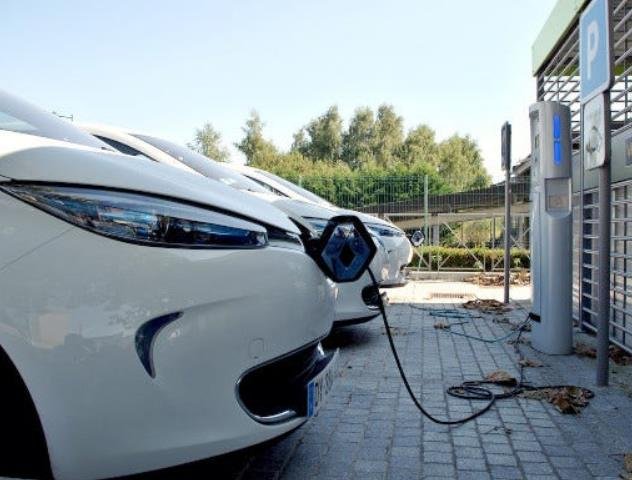A recent survey conducted by KPMG has revealed that a majority of Americans still prefer internal combustion engine (ICE) vehicles over electric vehicles (EVs). Despite the growing push for electrification and the increasing availability of EVs, only 20% of respondents indicated a preference for electric cars. The survey, which included responses from 1,100 adults nationwide and 400 additional individuals from major cities like Atlanta and Boston, highlights the challenges facing the adoption of electric vehicles in the United States.
The survey results indicate that 38% of Americans still prefer traditional gas-powered vehicles when making a vehicle purchase. This preference is driven by several factors, including familiarity with ICE vehicles, concerns about the availability of charging infrastructure, and the perceived convenience of refueling at gas stations. Additionally, the cost of EVs remains a significant barrier for many consumers, with affordable electric models still limited in the market.

Hybrid vehicles also garnered significant interest, with 34% of respondents expressing a preference for hybrids over pure electric vehicles. The appeal of hybrids lies in their ability to offer the benefits of both electric and gas-powered engines, providing a compromise for those who are not yet ready to fully transition to electric vehicles. The survey found that the propensity toward buying hybrids was slightly higher on the West Coast, where 43% of buyers said they would opt for a hybrid.
Concerns About Charging Infrastructure
One of the main reasons cited by respondents for not choosing electric vehicles is the concern about charging infrastructure. The survey found that 60% of respondents wanted EVs whose batteries could be charged in 20 minutes, a feature currently available in only a handful of electric models. The availability and reliability of public charging stations remain significant obstacles to EV adoption, with many consumers expressing limited confidence in the country’s ability to build the necessary infrastructure to support large numbers of EVs on the roads.
The Biden administration has announced measures aimed at increasing EV adoption, including tax credits for EV buyers and investments in charging infrastructure. However, the survey results suggest that more needs to be done to address consumer concerns and build confidence in the feasibility of owning an electric vehicle. The development of a robust and reliable charging network is crucial to encouraging more Americans to consider EVs as a viable alternative to traditional gas-powered vehicles.
The Future of EV Adoption
Despite the challenges, there is a growing interest in electric vehicles among certain demographics. Younger adults, urban residents, and those who already own a hybrid or electric vehicle are more likely to consider purchasing an EV in the future. The survey found that 38% of Americans are very or somewhat likely to seriously consider an electric vehicle for their next vehicle purchase, with environmental concerns and savings on gas being major motivating factors.
Automakers are also playing a significant role in driving EV adoption by increasing production and offering a wider range of electric models. The push for electrification is expected to continue, with major automakers announcing ambitious plans to transition to electric vehicles in the coming years. As the market evolves and more affordable EV options become available, it is likely that consumer preferences will shift, and the adoption of electric vehicles will accelerate.
















